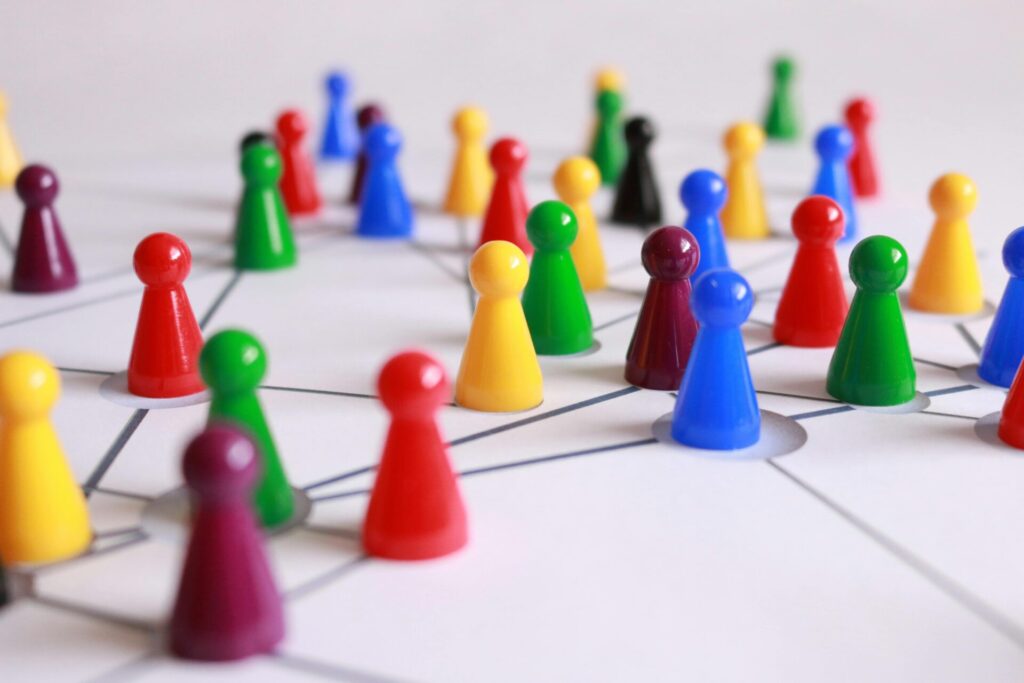Understanding Self-Discipline: The Foundation of Growth
“Unlocking Financial Success: The Crucial Role of Self-Discipline”
In the realm of personal finance, self-control is not just about restraining oneself from immediate gratification. It’s a broader concept that involves delaying gratification, making conscious choices, and adhering to a plan or routine. By prioritizing long-term financial well-being over short-term desires, individuals can effectively manage their finances and pave the way for success1.
“The Art of Being self-reliant: 8 Strategies for Mastering Self-Control”
When it comes to Being self-reliant, knowing yourself is essential. Understand your strengths and weaknesses, be honest with yourself, and find your purpose. These steps lay the groundwork for achieving financial and personal growth1. Remember, self-control isn’t just about restraining impulses; it’s about making conscious choices aligned with long-term goals2.
- Pinpoint Your Advantages and Deficiencies: Begin by performing a sincere self-evaluation. Acknowledge the aspects in which you shine and the ones that present challenges. This insight enables you to capitalize on your strengths and devise plans to address your shortcomings.
- Get Rid of Distractions Around You: Set up a place that helps you achieve your aims. If scrolling through social media is what you struggle with, block websites on your computer while you’re working. Get rid of unhealthy snacks at home if you aim to eat better. Cutting down on outside distractions helps you concentrate more on your goals.
- Establish Detailed Objectives and Develop a Strategy: Establish clear, quantifiable, attainable, pertinent, and with a deadline (SMART) objectives. Divide these into smaller, more doable actions and devise an elaborate strategy for their accomplishment. This guide will maintain your enthusiasm and ensure you stay on course.
- Create New Rituals and Habits: Create schedules that support your objectives. If you want to exercise frequently, for instance, set out 10 minutes each day for your workout. Start small. It won’t take as much willpower to continue these behaviors if they become automatic.
- Practice Self-Control and Mindfulness: Use mindfulness practices, such as meditation, to develop awareness of your thoughts and behaviors. This increased consciousness enables you to avoid impulsive reactions and instead make deliberate decisions.
- Reframe Your View of Willpower: See willpower as a skill that can be developed over time, instead of a finite resource. This change in perspective will enable you to overcome obstacles and reach new heights.
- Follow Up and Maintain Accountability: Keep tabs on how well you’re doing as you work toward your objectives. To track your improvement, think about keeping a notebook or app. Tell a mentor or close friend who you can trust to help you reach your goals so they can hold you accountable.
- Celebrate Your Successes, No Matter How Small, and Reward Yourself for Them. In addition to increasing motivation, positive reinforcement can improve the fun factor of practicing Being self-reliant.

The Impact of Self-Discipline on Financial Success:
To achieve wealth and financial stability, self-control is essential. It helps people to prioritize long-term financial goals over instant gratification, avoid impulsive purchases, and stick to a budget.
Self-control increases the likelihood that you’ll regularly save aside money from your paycheck, choose wisely when making investments, and stay out of debt. Over time, considerable wealth can be accumulated with this methodical approach to money management.
Self-control in money matters beyond one’s finances. It might be the difference between a business that succeeds and one that fails. Leaders in business and entrepreneurship who practice financial self-reliance are better able to handle economic downturns and seize expansion prospects.
Self-Discipline Leads to Personal Development:
It is impossible to overestimate the importance of Being self-reliant for personal development. It’s what turns promise into reality, the catalyst. Choosing behaviors that are compatible with our beliefs and long-term objectives helps us build resilience, self-confidence, and a sense of purpose.
Self-control helps us to break out of our comfort zones, learn new abilities, and get beyond challenges. Encouragement to see obstacles as chances for growth and development rather than insurmountable obstacles is one of its growth mindset-promoting effects.
Moreover, developing self-discipline frequently results in heightened emotional intelligence and self-awareness. We get more control over our responses and interactions with people as we become more aware of our thoughts and behaviors. This leads to better relationships and a more satisfying existence in general.
Self-discipline is the secret to productivity and efficient time management:
Time management skills are essential for success in today’s fast-paced world. The key to effectively managing your time is developing self-reliance.
We can avoid procrastinating, prioritize our duties, and stay focused even when there are outside distractions.
People who possess strong self-control are more likely to make and follow timetables, establish reasonable deadlines, and finish work quickly. They don’t spend as much time on time-wasting activities like multitasking that don’t get done.
It is possible to significantly boost productivity by developing self-discipline in time management. This is completing the proper chores that advance you toward your goals, not merely putting in extra time to get things done.
Developing Self-Discipline to Foster Resilience and Confidence:
A strong strategy for developing mental toughness and self-confidence is Being self-reliant We demonstrate to ourselves that we are capable of exercising self-control and achieving our objectives every time we keep our word or resist temptation.
No matter how minor the accomplishment we repeatedly have, it steadily increases our resilience and self-assurance. Knowing we have the willpower to endure, we start to have faith in our capacity to overcome obstacles and disappointments.
The conviction that we influence the things that happen in our lives is an internal locus of control that is strengthened by self-discipline. Retaining drive and moving past setbacks or disappointments require this kind of thinking.
The Significance of Self-Discipline in Enhanced Health and Welfare:
Certainly! Let’s break down the health-related benefits of self-discipline into concise points:
- Nutrition Choices:
- Opt for nutrient-rich foods like apples over sugary treats.
- Prioritize balanced meals for sustained energy.
- Physical Activity:
- Lace-up those running shoes or hit the gym.
- Regular exercise supports overall health.
- Sleep Prioritization:
- Stick to a consistent sleep schedule.
- Quality rest is essential for well-being.
- Chronic Condition Management:
- Adhere to treatment plans diligently.
- Consistency matters for managing health conditions.
- Mental Well-Being:
- Practice self-care routines.
- Being self-reliant fosters control and reduces anxiety.
Remember, small choices add up to significant health gains! 🌟
Leadership and Relationships: The Need for Self-discipline:

Leaders who possess a high degree of self-control provide a great example for their teams. They set an example of consistency, dependability, and dedication to their principles and objectives, which fosters respect and trust and motivates others to follow in their footsteps.
Leaders with self-discipline are better able to control their emotions in trying circumstances, make tough decisions, and keep a long-term outlook. They will be able to lead more effectively and morally because they are less susceptible to short-term pressures or personal biases.
In interpersonal interactions, self-control helps with better communication, handling of conflicts, and emotional control. It enables people to uphold boundaries, keep their word, and regularly support the people they love. Strong and enduring relationships are built on this constancy and dependability.
In summary, adopting self-discipline for a happy life:
Life isn’t about rigid rules or joyless routines—it’s about choices. And self-discipline? It’s your secret weapon. Imagine sculpting your future, one conscious decision at a time. Whether it’s saving for that dream vacation or saying no to impulse buys, self-discipline is your compass. So, start small, celebrate progress, and embrace the freedom to shape your destiny. 🌟


Leave a Reply